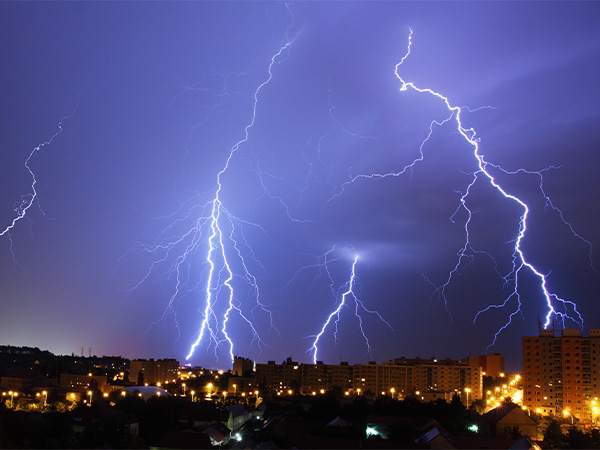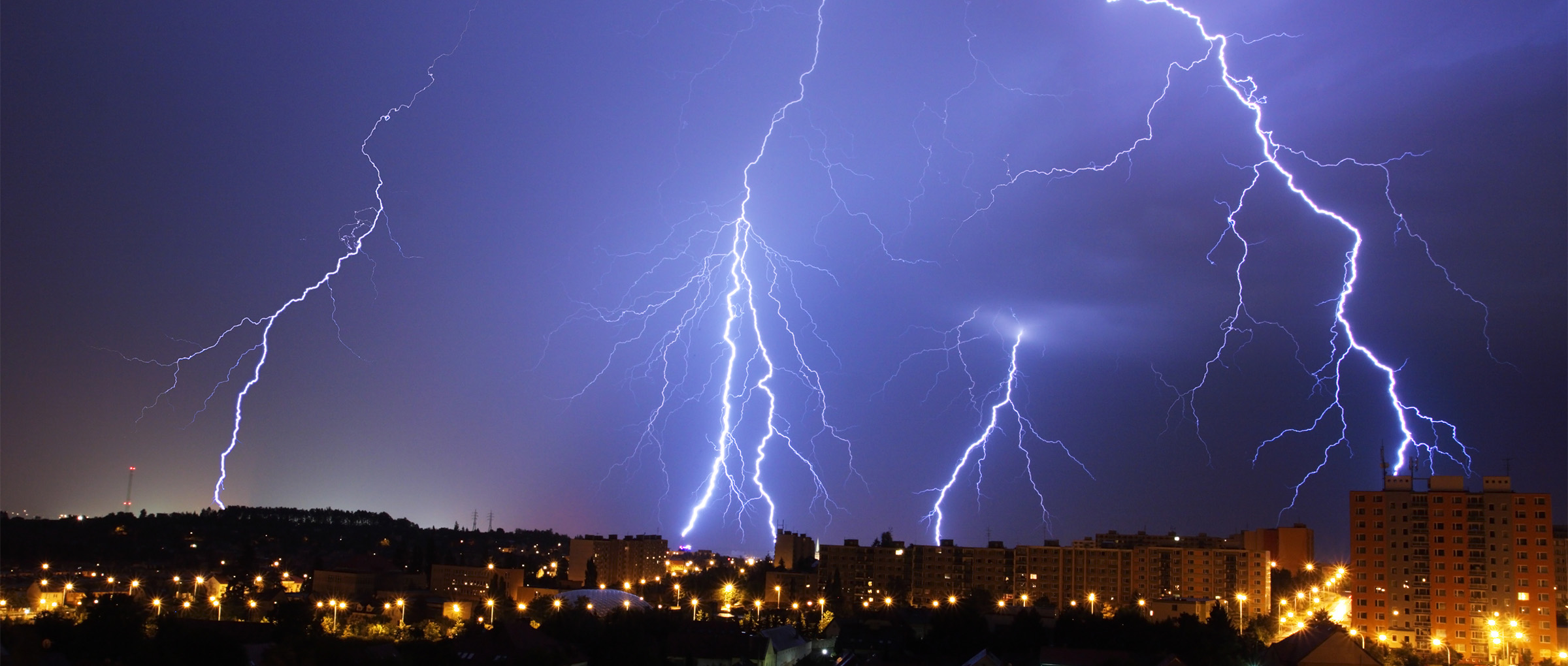Virtually everything in your house depends on electricity. Smart home technology, security systems, electric pumps in water wells and refrigeration are just a few of the things we count on to keep our homes running smoothly day to day. Having a backup home generator in place ensures that you won’t go without these vital systems when losing electricity.
Losing electricity can be inconvenient, disrupt your life and cause distress, or actually be a risk to your health and home. Knowing the consequences of a power outage can help you plan accordingly. This can help you determine how a home generator might give you more peace of mind.
Inconveniences from losing electricity
At the very minimum, a power outage can result in the loss of conveniences that we take for granted. Things like watching television or switching on the lights aren’t possible. While these things can feel important to us and our enjoyment in daily life, we can live without them for short periods. However, it is still important to consider how long you would like to live without these items in the event of lost power.
Lost power causing disruptions
Some things go beyond inconvenience and become actual disruptions. The specific items that might cause you strain during an outage can vary depending on your lifestyle, but some examples include:
- Refrigeration – costly food spoilage and potential damage to refrigerators and freezers
- Internet/Wi-Fi access – losing the ability to work or study from home and stay connected
- Water – a more limited amount of clean drinking water if using a well
- Temperature – loss of a temperature-controlled environment, whether air conditioning or heating
- Charging electronics – no ability to use necessary electronics, like a cell phone or laptop, for communication, work or study purposes
- Sump pump – less assurance that flooding won’t occur in your basement
Losing access to any of these resources can cause substantial costs for home repairs or replacing food. The outage may even force you out of your home, with the added expense and inconvenience of finding another place to stay.
Hazardous effects of power outages
Inconveniences and disruptions start to become actual hazards the longer the power outage lasts. For example, if an outage only lasts an hour, temperature control in your home might not be a big issue. However, if you are without power for a day or more, it may become a significant problem, especially if you are experiencing extreme heat or cold. One example would be water pipes that freeze and burst.
During an extended power outage, the lack of backup power could result in an unsafe environment, damage to your home, the need to stay elsewhere long term (e.g., hotel or rental), and high monetary costs.
Preparing for a power outage with backup power
Power outages can be costly and even dangerous. A backup home generator can save you money and time and provide peace of mind, especially after a major weather event. Take time to consider how much you rely on electricity to help you maintain a healthy, safe and comfortable lifestyle; then think through all the possible scenarios that could occur during an outage. To learn more about how to prepare for a power outage, look to these resources from the CDC or Red Cross.

Ready to start protecting your home?
Our Whole-House Generator Sizing Calculator allows you to select what you want to power in your home and directs you to the appropriate-sized generator system.



